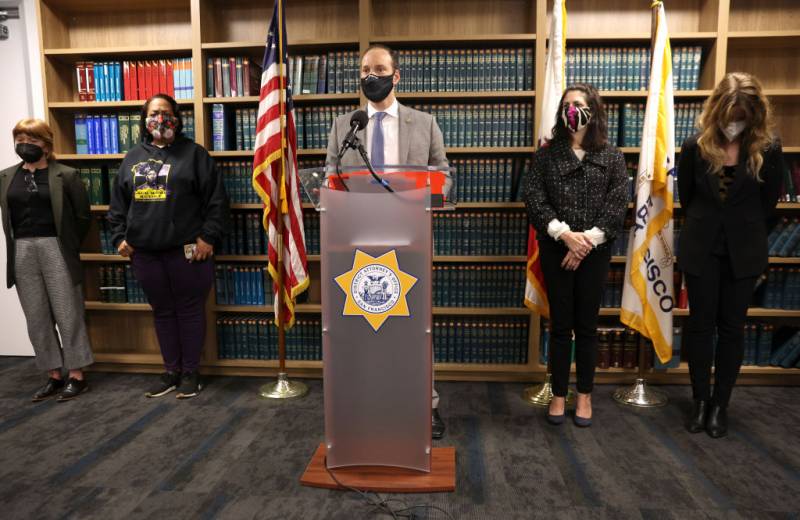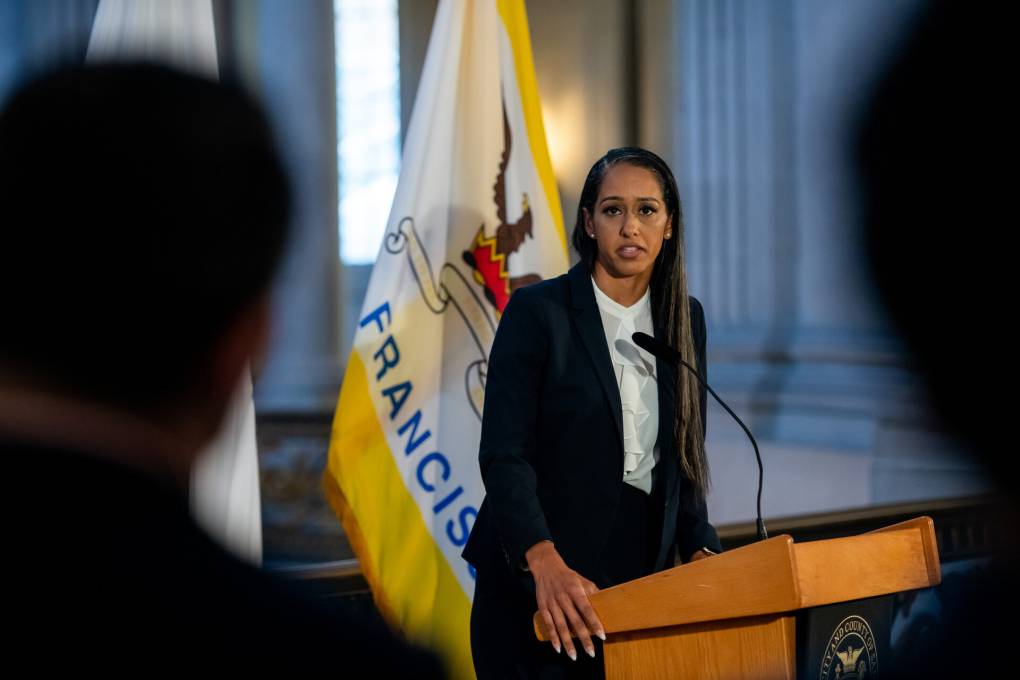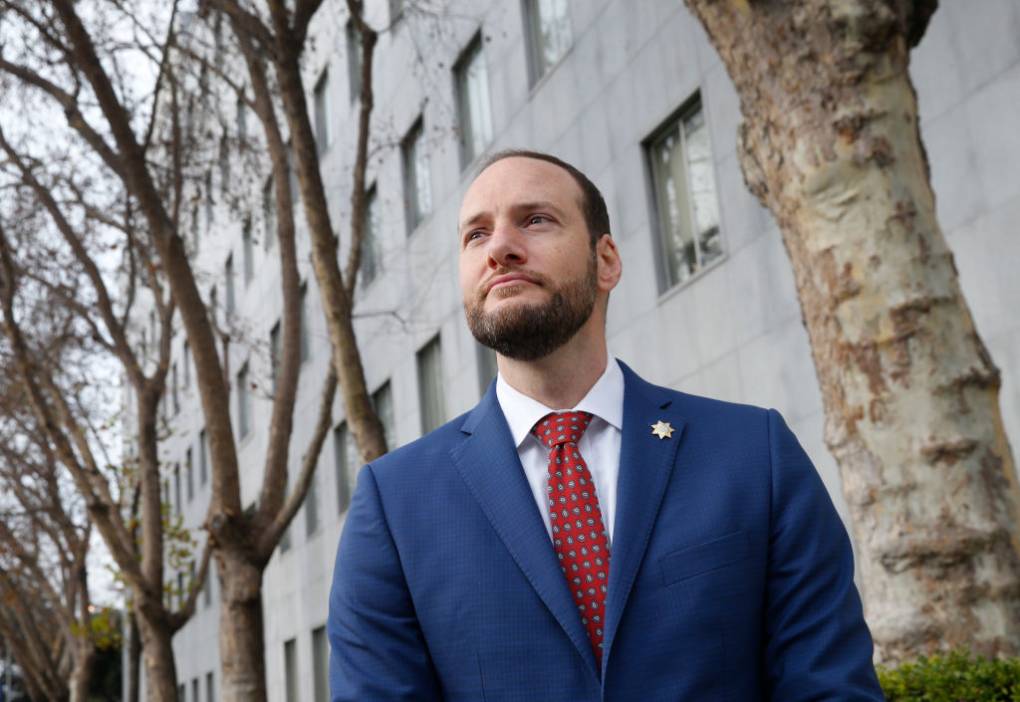"We must never create disincentives for crime victims to cooperate with police, and if it's true that DNA collected from a rape or sexual assault victim has been used by SFPD to identify and apprehend that person as a suspect in another crime, I'm committed to ending the practice," Scott said. "Although I am informed of the possibility that the suspect in this case may have been identified through a DNA hit in a nonvictim DNA database, I think the questions raised by our district attorney today are sufficiently concerning."
Despite ongoing tensions between the police department and Boudin's office, including a recent rift over a terminated investigative agreement regarding police use-of-force incidents, Scott said he's willing to work with Boudin to address the matter and build trust with victims of sexual assault.
"Whatever disagreements District Attorney Boudin and I may have, we agree that this issue needs to be addressed," Scott said. "At the end of the day, our respective departments exist to do justice for victims of crime. The last thing we should ever do is discourage their cooperation with us to accomplish that."
Following Boudin’s allegation, state Sen. Scott Wiener, D-San Francisco, and San Francisco Supervisor Hillary Ronen were quick to voice their support for new legislation barring the practice.
"If survivors believe their DNA may end up being used against them in the future, they'll have one more reason not to participate in the rape kit process," Wiener said on Monday. "That's why I'm working with the DA's office to address this problem through state legislation, if needed."
Ronen said she had already asked the city attorney to draft legislation to prevent DNA evidence — or any sort of evidence from a victim's rape kit — to be used for anything other than investigating that incident.
"There are already enormous barriers for victims of rape to come forward to report the crime," she said.
Ilse Knecht, the advocacy and policy director for the Joyful Heart Foundation, which advocates for survivors of sexual assault, said she fears the recent revelation will further discourage sexual assault victims from coming forward.
"Survivors often feel shame and blame, and they really fear the societal response to coming forward, and this type of action just continues to increase their fear and breaks their trust," she said, noting that fewer than a third of sexual assault victims report the incidents. "It just makes me sick. If survivors think that their DNA is going to be run through databases, they're not going to report."
This post includes reporting from Bay City News's Daniel Montes.



